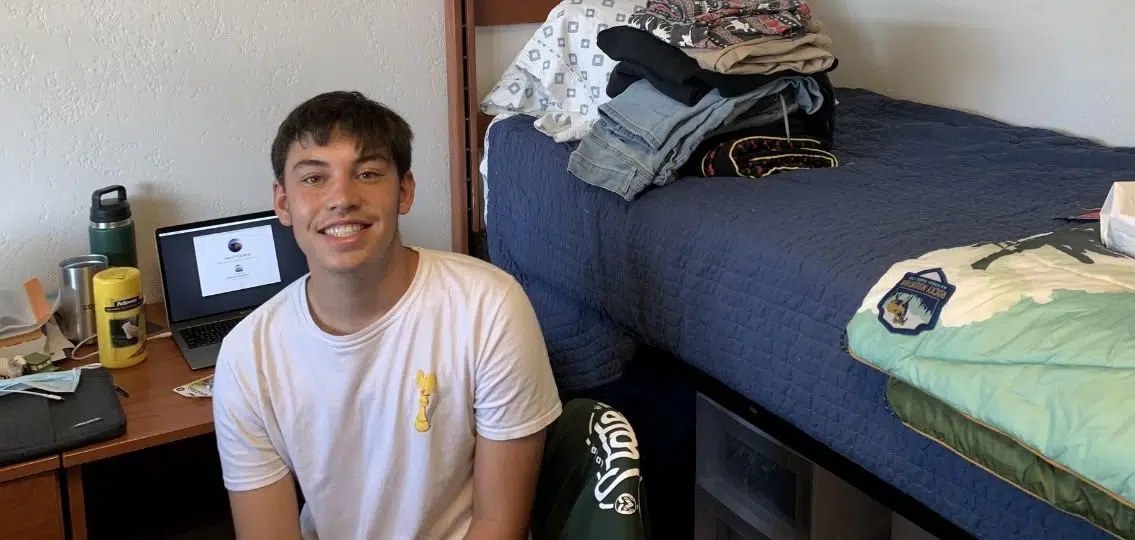Clinical psychologist Suzanne Schneps stopped by “Fridays with Sue and Steph” to answer questions that parents of college freshmen posted in the Your Teen Media: Working Hard to Raise Teens Facebook group. The topic was parent anxiety surrounding the transition from high school senior to college freshman. Here are a few highlights, but don’t miss the full interview.
Q: How do parents navigate as kids transition to college?
Schneps: It’s important to remember why we go to college. Students are there to receive an education, to grow up, to begin to figure out who they are, and to individuate. It’s their time to grow.
Q: How are college freshmen feeling?
Schneps: This is the most unique year for sending kids to college. It’s more challenging than in previous years. Last year students had different academic expectations and social interactions than are traditional for high school seniors. This will affect how they adjust to college life.
Q: How do you know if your kid is spiraling in a new environment?
Schneps: First, I suggest that parents get the contact information of someone else at their student’s school—perhaps a roommate, hallmate, or resident assistant. Warn your student of the family communication protocol. “We need to hear from you once per week. If we don’t, we’ll reach out to the supplied contact.” When students go MIA, most of the time, they’re fine. That’s a good sign. You’ll know if something is wrong—most of the time, they call when there’s trouble because they’re giving you the problem.
Q: Let’s discuss homesickness. When does it end? If it’s still there during the second semester, is that a sign that a change is needed?
Schneps: Homesickness comes and goes. There are many variables that contribute to it. For example, what’s going on at home or at school may contribute to the feeling. Students should work to identify what they’re feeling and why. Homesickness can travel with them if they don’t address the root cause. However, it’s okay if the college isn’t the correct choice. Students may change schools or try other options.
Q: What if a student gets COVID and can’t attend class?
Schneps: First, tend to the student. Quarantining is isolating. This is time to step up parent TLC. Give them extra time and attention. Don’t worry about schoolwork. Most professors are accommodating.
Q: What if our college freshman is exhibiting poor time management skills?
Schneps: Remember, they attend college to be independent. This is an opportunity for students to experience natural consequences if they don’t access needed resources. To stop from stepping in, parents should busy themselves. Distract yourself so that you’re not thinking of it. Talk to friends. All of this is easier said than done. Keep trying.
Q: What’s with these social media college parent groups filled with questions regarding the minutia of student life?
Schneps: Some parents are continuing to micromanage their kids. That’s understandable. Everyone’s transitioning. This is a time of growing pains for all. Other parents are responding to students’ requests for information. My advice is to sort through the posts. There’s good information there. Also, it’ll boost your ego every time you see a question that you know the answer to.
Q: What other advice can you offer?
Schneps: Let them be able to test things. This is the time for that. You’re still their safety net. They’ll reach out if something goes wrong. There’s a distinction between uncomfortable and worried. Being uncomfortable about the transition isn’t the same as being worried about your college freshman. College is a process. It takes time for students to find their place in it. Be patient.
